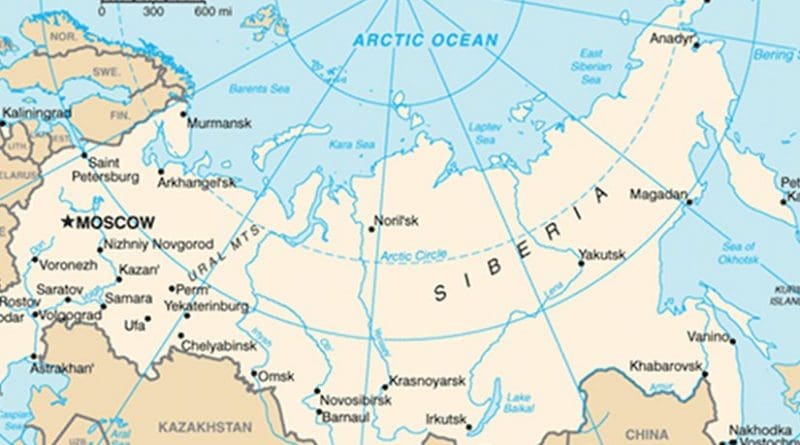Many Of Russia’s Smallest Nations Aren’t Assimilating: They’re Dying Out – OpEd
By Paul Goble
The declining size of some of Russia’s smallest nations is not the result of their assimilation by larger ones that some promote and others fear but rather a reflection of the dying out of these communities as a result of low fertility and super-high adult mortality, Aleksandr Stepanov says.
In a commentary on the Forum-MSK portal, the Moscow writer says that “for the preservation of a language, even a state language, it must have people who can speak it” and if they disappear as a result of negative demographic trends so too will the language and the nation itself (forum-msk.org/material/news/12739411.html).
He focuses on this issue now because of calls by Finno-Ugric minorities in the Karelian Republic to have ballots printed in their own languages and because of census data showing that their numbers are declining faster than assimilation alone can explain, especially since the end of Soviet times when conditions for many of them deteriorated and death rates rose.
Between the Soviet censuses of 1959 and 1989, the number of Karels, the titular nation of Karelia fell slightly from 85,000 to 79,000, a decline that could be explained by assimilation; but between 1989, the last Soviet census, and 2002, the number of Karels declined from 79,000 to 65,000 and from the 2002 census to the 2010 census, from 65,000 to 45,000.
The dramatic increase in the decline after 1991, he argues, is not the product of assimilation but rather and “in the larger part,” the result of the dying out of the residents of villages and “above all men, who were born between the end of the 1940s and the beginning of the 1970s.”
Karelians and their supporters often claim that they are the victims of assimilation as a result of the government’s support of Russian as opposed to their language. But “if they were honest,” Stepanov says, they would begin by “condemning the entire socio-economic policy of the last 25 years, a policy which has led to the dying out of the Karels.”
They would then call “for a return to socialism,” the communist writer says, suggesting that this in turn would lead them to engage not in a fight against the largely phantom issue of assimilation but rather against Moscow’s policies of “optimization,” a euphemism for cutbacks, and “privatization,” which deprives their people of its birthright and prospects for survival.

